Love is a bewildering emotion, often celebrated as one of life’s greatest joys, yet it’s equally notorious for causing profound pain and heartache. But how can love hurt if it is such a beautiful feeling? The enigma of ‘why does love hurt so much’ has perplexed poets, philosophers, psychologists, and ordinary individuals alike for centuries.
We asked our expert counselor Nandita Rambhia (M.Sc. in Psychology) to help us understand why some circumstances can make even true love hurt so much. Read on to find out what she has to say about the matter.
One of the prime reasons why love hurts so much in a relationship is its vulnerability. When we open ourselves to love, we are exposed to the risk of rejection, betrayal, and loss. Additionally, the biochemical underpinnings of love, including the release of neurotransmitters such as dopamine, create a euphoric rush that can be addictive. When this wanes or is disrupted, it can lead to withdrawal symptoms akin to physical injury or physical pain.
Dr. Helen Fisher’s study on why love hurts used fMRI to examine brain activity in individuals who had recently experienced romantic rejection. The results revealed that the same parts of the brain associated with physical pain were activated when participants viewed images of their former partners. This research helps us gain insight of the complex relationship between love, rejection, and the neural pathways and processes involved.
13 Reasons Why Love Hurts So Much
Table of Contents
Love is painful and can be so excruciating sometimes. At its core, love is a deeply complex and multifaceted emotion, capable of evoking an array of intense feelings, from euphoria and contentment to despair and suffering. The profound connection that love fosters can intensify the anguish when that connection is severed or damaged, making us feel pain. Moreover, the expectations we attach to love, influenced by societal ideals, romantic narratives, and personal perspectives of romance and desires, can set us up for disappointment and emotional turmoil when reality falls short of these lofty ideals.
Delving into the numerous reasons behind love’s capacity to cause pain unveils the intricacy of human emotions and relationships. Here are 13 factors that can answer the question “Why does love hurt so much?”:
1. Vulnerability and uncertainty
Love requires opening up emotionally, which makes us susceptible to rejection and hurt. Not knowing where a relationship is headed can be distressing. Here’s how it can hurt us:
- Vulnerability can hurt because it involves exposing our true selves, making us susceptible to rejection or betrayal. This emotional openness can be challenging and painful when it’s met with disappointment or hurtful actions
- Miscommunication, or sometimes simply distance, can create uncertainty, which is antagonizing because it creates anxiety about the future of the relationship and can bring up difficult emotions
- It can also become difficult to get your partner to open up to you if they are scared of vulnerability and cause harm to the relationship
Still wondering “Why does it hurt to be away from the person you love?” The answer is simple. Not knowing where you stand or whether the person you love reciprocates those feelings can lead to emotional distress, doubt, and insecurity, causing a sense of unease and discomfort in the relationship, especially when you’re aching for love.
Related Reading: 9 Expert Tips To Stimulate Vulnerability In A Relationship
2. Fear of rejection and unrequited love
You know what it’s like when you love someone so much it hurts? Sometimes, it is because we fear that they won’t feel the same way about us. Nandita says, “If you, or your thoughts, or your ideas, are rejected, that hurt can be very painful and difficult to overcome.” Here’s how:
- The fear of not being loved in return can lead to anxiety and pain
- Being afraid of rejection really stings, making you worry that you’re not good enough for someone, and it can leave you feeling pretty down
- Unrequited love is a tough pill to swallow. It’s like having a one-sided crush that leaves you feeling sad, longing for something that’s just not there
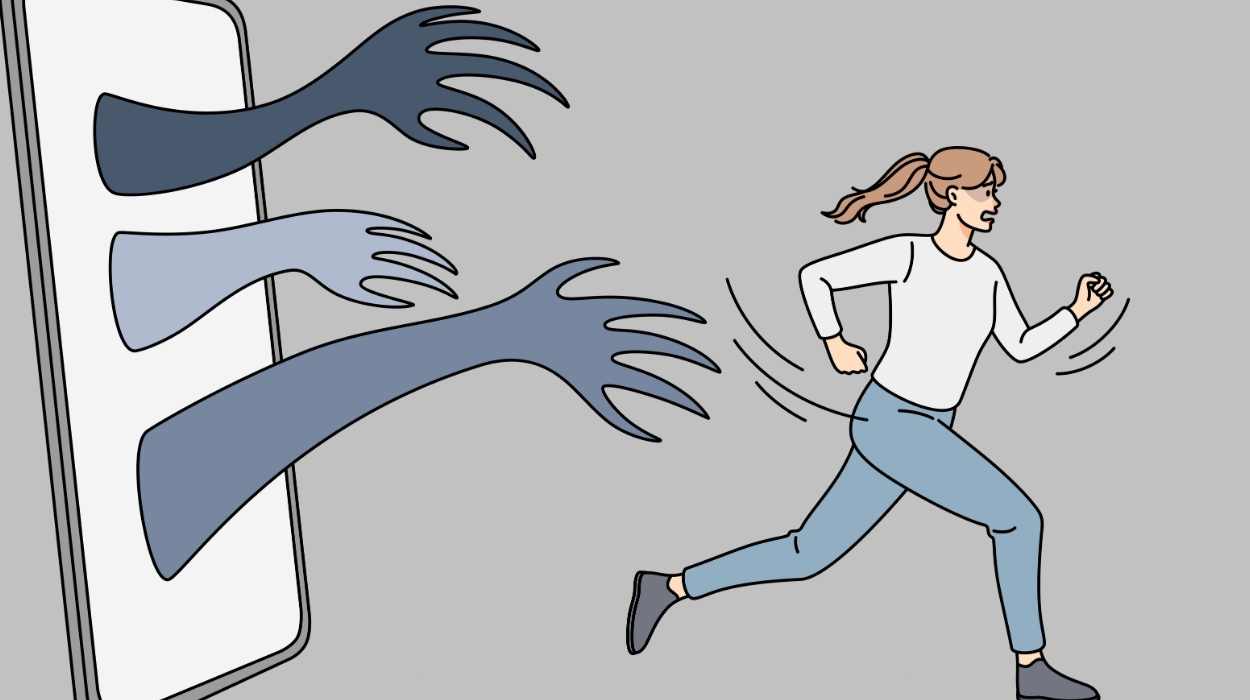
3. Betrayal
Trust can be shattered when a partner betrays your confidence or is unfaithful. Betrayal in love cuts deep because it shatters the trust and emotional connection you’ve built with someone you care about deeply. It leaves wounds that are not easily healed, causing profound emotional pain, anger, and a sense of betrayal. Coping with the knowledge that someone you loved and trusted has let you down can be emotionally devastating and can have long-lasting effects on your ability to trust in future relationships. This breaks a person emotionally, developing trust issues, so much so that they’re unable to trust a new partner as well.
4. Loss
Love can end through breakups, causing profound grief. Sometimes, the grief and loss of loved one can affect you so much that the pain can seep through into your other relationships as well. The loss of love hurts so much in a relationship that it breaks you from within, especially if your partner used to be in love with you but later fell out of it for some reason. Their absence feels like an ache deep in your soul, a constant reminder of their significance in your life. The void left by their absence is accompanied by a profound sense of grief, sadness, and longing. It’s a painful reminder of the moments and memories you once cherished together, making it one of the most emotionally challenging experiences one can endure.
Related Reading: How To Get Through A Breakup Alone?
5. Unrealistic expectations
High expectations in relationships can lead to disappointment when reality falls short, making it a recipe for heartache, instilling a lot of negative emotions in you. Here’s how:
- When we set the bar too high, it’s easy to feel hurt when the reality that we face doesn’t match our fantasies
- The gap between what we hoped for and what we experience can lead to disappointment, frustration, and distress, as we grapple with the discrepancy between our idealized notions of love and the complexities of real-life relationships
6. Incompatibility
When love encounters incompatibility, it can be a real heartache. It’s like trying to fit puzzle pieces that just don’t match, leading to constant conflicts and misunderstandings. Even when you love someone so much it hurts, it is possible that your values, goals, or personalities clash, creating a persistent sense of frustration and sorrow, making it challenging to sustain a fulfilling relationship.
7. Communication issues
When there’s a lack of clear and honest communication, misunderstandings and misinterpretations can flourish, causing unnecessary conflicts and emotional distress. It’s like trying to navigate a relationship in the dark, with both partners feeling unheard or frustrated, which can erode the trust and connection that love thrives on, turning your life upside down.
Related Reading: How To Fix Lack Of Communication In A Relationship – 15 Expert Tips
8. Jealousy
Jealousy is like a pesky little gremlin. It’s that nagging sensation that someone’s trying to rain on your parade, making you all jittery and unsure. When it takes center stage, it can wreak havoc on your relationship, hampering your self-esteem and your bond with your partner. When jealousy takes hold, it can strain relationships, erode trust, and cause agony as you wrestle with feelings of inadequacy or fear of losing the person you care about.
9. Fear of abandonment
Abandonment issues can make love feel precarious and anxiety-inducing. The fear of abandonment in love is like a persistent shadow. It’s this nagging concern that your special someone might one day walk away, stirring up anxiety and self-doubt. This fear can cast a shadow over your relationship, causing emotional turmoil as you wrestle with the prospect of being left behind. It affects your trust and closeness with your partner, leaving you aching for love.
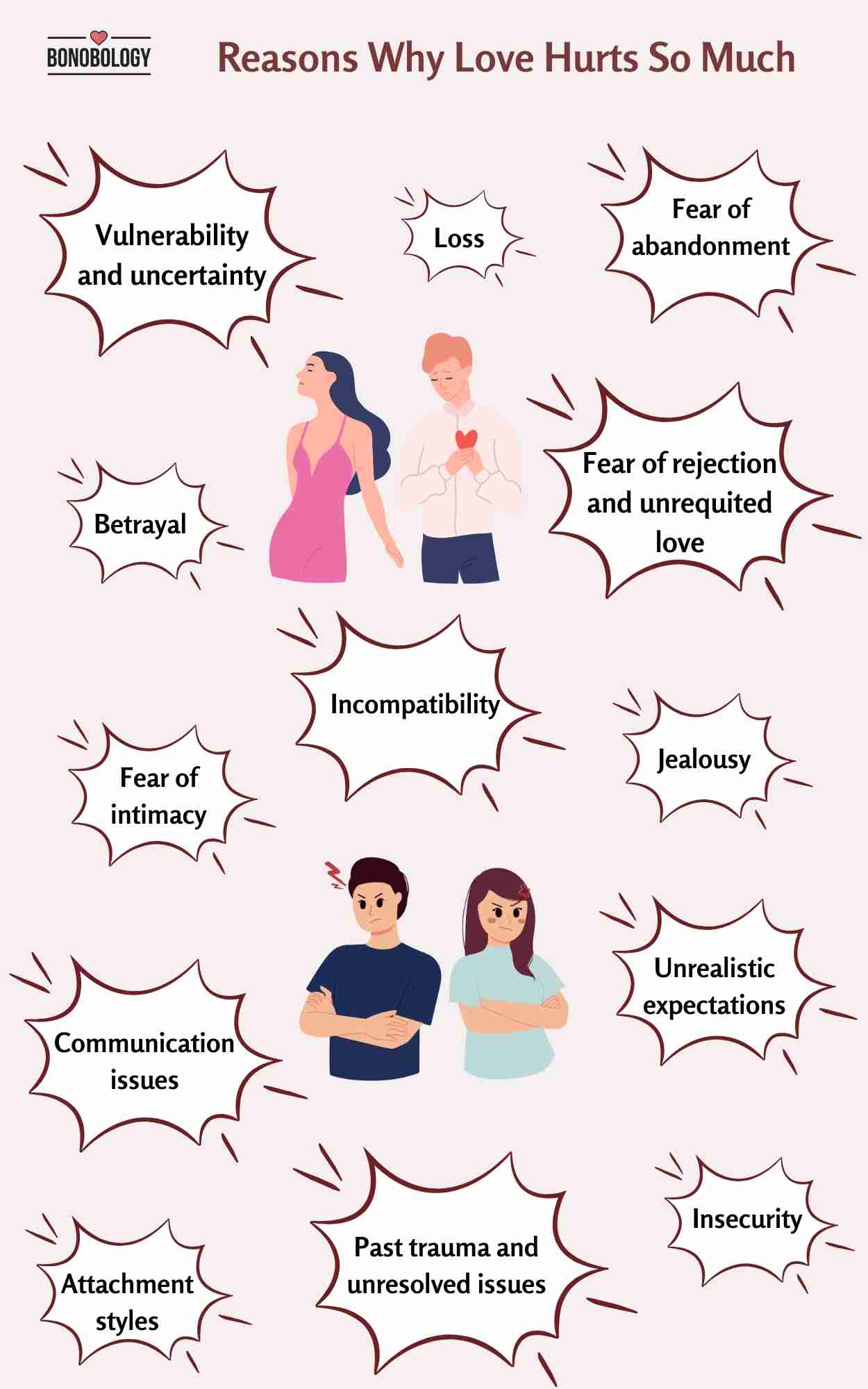
10. Past trauma and unresolved issues
Previous heartbreak or emotional wounds can affect current relationships, festering and causing pain. Past trauma and unresolved issues can inflict deep emotional wounds. It’s like carrying a heavy backpack full of old hurts and scars into a new relationship. These lingering issues can resurface, triggering emotional pain, mistrust, and conflict, preventing you from opening up fully and experiencing the love and connection you desire.
Likewise, unresolved issues are like the persistent storm clouds that refuse to clear. They hang over the relationship, causing tension, frustration, grief, and regret. These issues can lead to recurring conflicts, making it difficult to move forward and find happiness together.
Related Reading: 12 Signs Your Past Relationships Are Affecting Your Present Relationship
11. Fear of intimacy
Opening up emotionally can trigger fear and psychological torment. You can think to yourself, “I love you so much it hurts,” but it won’t matter until you let your partner in to see all the good and the bad. Fear of intimacy is like having walls around your heart that keep you from fully connecting with your partner. You build invisible barriers to protect yourself from painful emotions and hurt. This fear can leave you feeling isolated and disappointed, as you struggle to let your guard down and share your true self, which can hinder the depth and fulfillment of your relationship.
12. Insecurity
Relationship insecurity can be a wrecking ball, causing emotional turbulence and eroding the foundation of love. It’s like a persistent cloud of doubt that casts shadows over trust and intimacy. Here’s how it affects relationships:
- Low self-esteem can lead to doubts about being worthy of love. You’re constantly second-guessing yourself and fearing that you’re not good enough for your partner
- Insecurity can lead you to an emotional rollercoaster of jealousy, constant reassurance-seeking behavior, and fear of abandonment, ultimately driving a wedge between you and your partner and harming the connection that sustains love.
- Over time, insecurity can destroy the fabric of the relationship, leaving both individuals hurt and the love diminished.
13. Attachment styles
Having different attachment styles in love can be a bit like dancing out of sync. It’s like speaking different emotional languages, where one partner might want more closeness, while the other might value independence. These contrasting needs can spark conflicts and insecurities, causing emotional turbulence and potentially harming the relationship by making it tough to meet each other’s emotional expectations. This is why it becomes important to understand attachment styles psychology and how you can use it to make your relationship better. Negative attachment styles learned from former partners can make you question, “Is love supposed to hurt this much all the time?”
Related Reading: Love Vs Attachment: Is It Real Love? Understanding The Difference
These could be some of the answers to your question: “How can true love hurt so much?” There could be many other reasons for you to feel pain in love and get hurt in relationships, but we must try to find a silver lining, move forward, and find a way to cope with the pain.
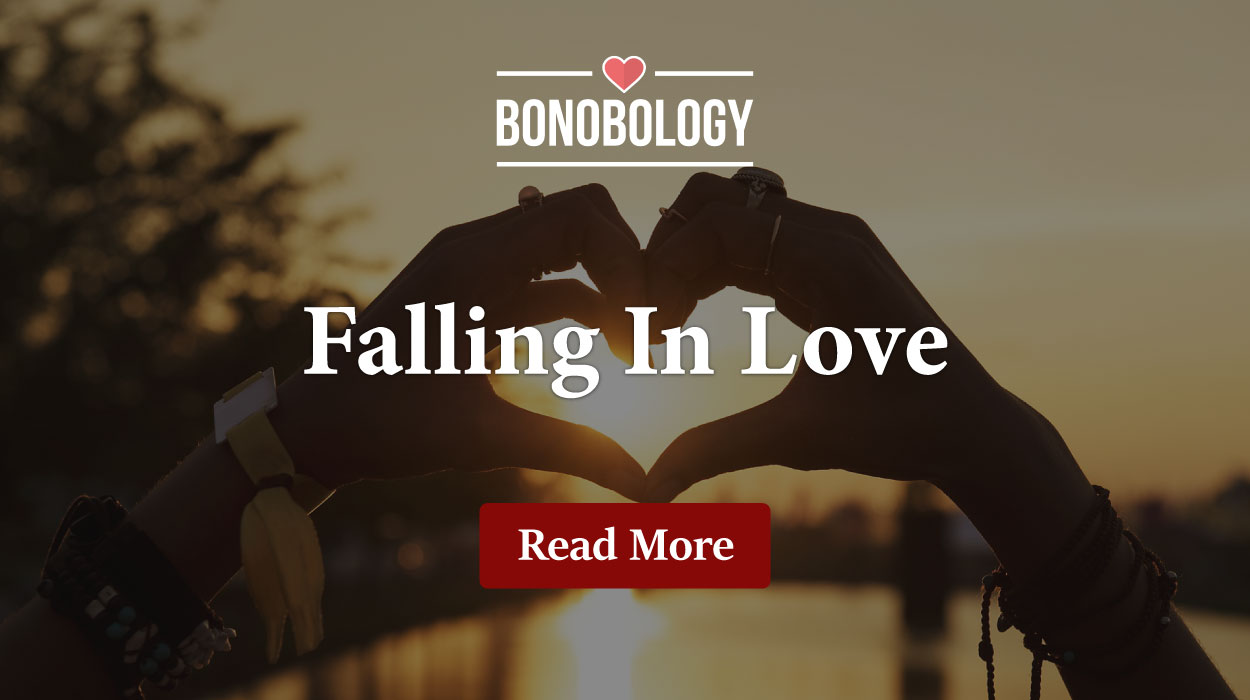
How To Cope With The Pain Of Love
Love is one of the few very complicated emotions, and coping with the pain of love, whether it’s due to rejection, betrayal, or the natural ups and downs of relationships, can be a challenging journey. You’ll want to scream, “Why does love hurt so much?,” because, let’s admit it, love is painful. It is a deeply emotional experience, and when it hurts, it can feel overwhelming, just like facing a storm.
Related Reading: 11 Signs You Are In A ‘Complicated Relationship’
Nandita explains, “When in a relationship, it is important to not lose yourself entirely in that person, or in that relationship. It is important to keep your identity intact, because at some point, it will act as a coping mechanism to help protect you and overcome the pain.”
Here are several strategies to help you navigate and cope with the pain of love:
- Allow yourself to grieve: It’s important to acknowledge and allow yourself to feel the pain. Grieving the loss or disappointment is a natural part of healing. Suppressing emotions can prolong the healing process
- Practice self-care: Prioritize self-care activities that nurture your physical and emotional well-being and your mental health. This might include exercise, meditation, hobbies, or simply taking time for yourself to relax and heal
- Set boundaries: If the pain is caused by an unhealthy relationship, set boundaries or consider distancing yourself from the source of the pain. Protect your emotional health by prioritizing your well-being
- Reflect and learn: Use this time to reflect on the relationship and the emotions you’re experiencing. What can you learn from the experience? How can you grow and become stronger from it?
- Focus on growth: Channel your energy into personal growth and self-improvement. Pursue goals, passions, or hobbies that fulfill you and enhance your self-esteem. Nandita points out, “It is important to accept yourself, be non-judgmental, and keep yourself going. Give yourself time to heal, stay active, and practice a lot of self-care”
- Positive affirmations: Practice positive self-talk and affirmations to boost your self-confidence and self-worth. Remind yourself of your strengths and value as an individual
- Limit social media: Avoid excessive exposure to your ex-partner’s social media or romanticized portrayals of love. These can exacerbate feelings of pain and inadequacy
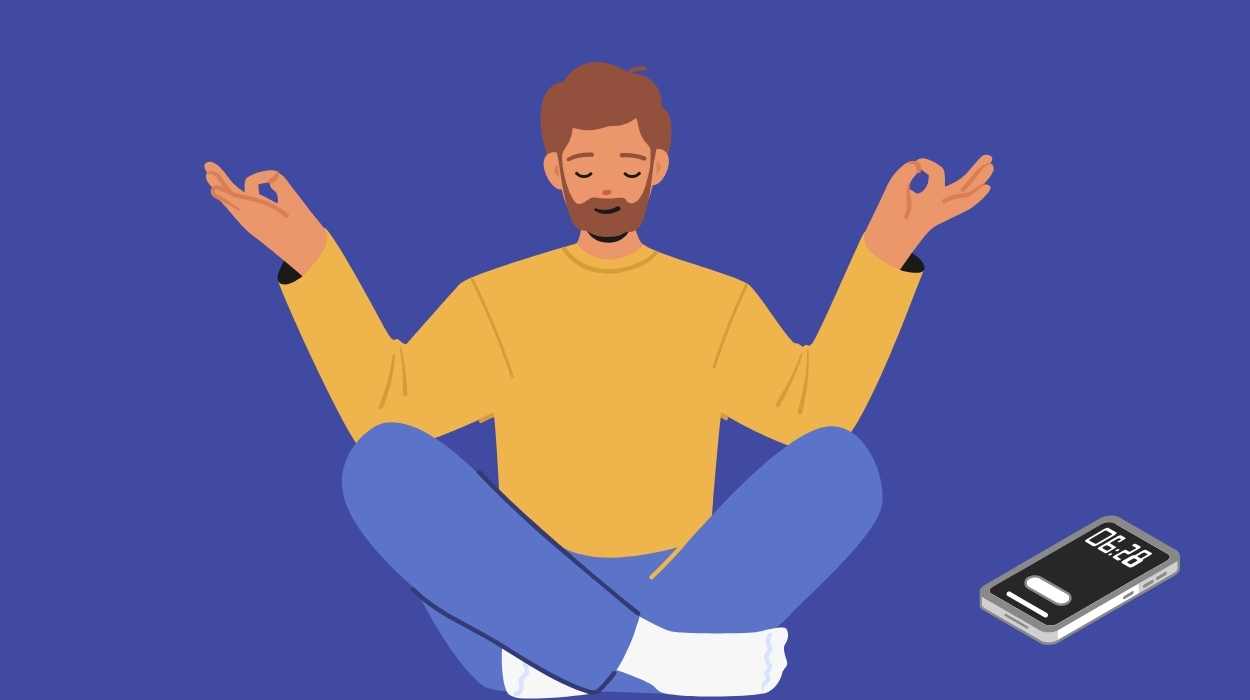
- Talk to someone: Share your feelings with a trusted friend, family member, or therapist. Talking about your emotions can provide relief and perspective. It can also help you process and make sense of what you’re going through. You may also consider joining support groups or online communities where you can connect with others who have experienced pain similar to yours. Sharing stories and advice can be comforting
- Time and patience: Healing takes time. Be patient with yourself and understand that the intensity of the pain will gradually diminish as you move forward
- Seek professional help: If the pain becomes overwhelming or persists for an extended period, consider seeking professional therapy or counseling. A therapist can provide guidance and tools to help you cope effectively. This is why experienced counselors from Bonobology’s panel are here to offer you support. Don’t shy away from seeking help from them.
Coping with the pain of love is a deeply personal journey, and there’s no one-size-fits-all approach. It’s essential to find strategies that resonate with you and align with your unique circumstances. Remember that healing is possible, and with time and self-compassion, you can emerge from the pain of love stronger and wiser.
Key Pointers
- The intricate interplay between pleasure and pain in the realm of love stems from a combination of psychological, biological, and societal factors
- Among other reasons, when your expectations in a relationship are not met with, it is likely to cause pain and make you feel hurt
- The fear of rejection, betrayal, uncertainty, or being vulnerable, can cause you pain and lead you to distance yourself from the person you love
- Incompatibility, communication issues, past trauma, and insecurity can make love hurt
- Setting boundaries, self-care, talking to someone, or seeking professional help are some of the ways you can cope with the hurt or pain of love
In the labyrinthine tapestry of human emotions, love stands as a paradoxical masterpiece, capable of illuminating our lives with unmatched joy and yet plunging us into the depths of despair. Love hurts because it is a testament to our unguarded naked truth, demanding that we open our hearts and risk uncertainty and catastrophe. But in this enigmatic blend of pleasure and pain, love remains a powerful force that shapes our existence, teaching us profound lessons about empathy and the resilience of the human spirit.
FAQs
Any relationship will go through its cycles of love and hurt. So, it is normal to be hurt in relationships. Nandita says, “When we are romantically involved with someone, or in love, we experience a lot of extreme highs and lows. It’s like you’re floating on cloud nine, and when something negative happens, even if it is small, you come crashing down, making you feel hurt.”
According to Nandita, there are quite a few things that can be painful in love. “Something as small as disagreements, a negative comment, negativity toward each other, or something as big as a breakup can be painful. All these lead to marked lows in the relationship, making you feel hurt”, she says.
Love and hurt are two sides of the same coin. So, as mentioned above, a myriad of reasons can make even true love hurt, but not always. “In the end, true love will prove to be stronger and will be able to withstand any hurdles and overcome the hurt,” says Nandita.
Your contribution does not constitute a charitable donation. It will allow Bonobology to continue bringing you new and up-to-date information in our pursuit of helping anyone in the world to learn how to do anything.

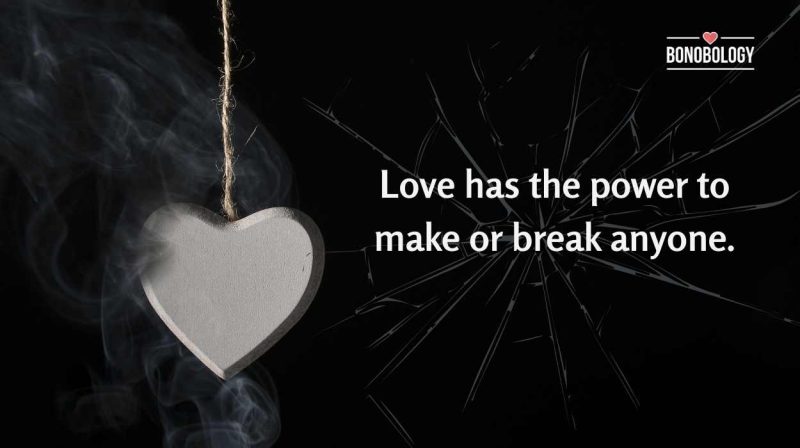

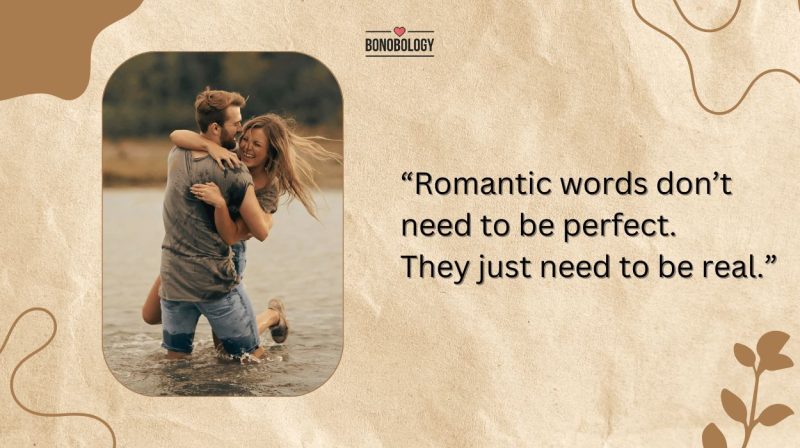
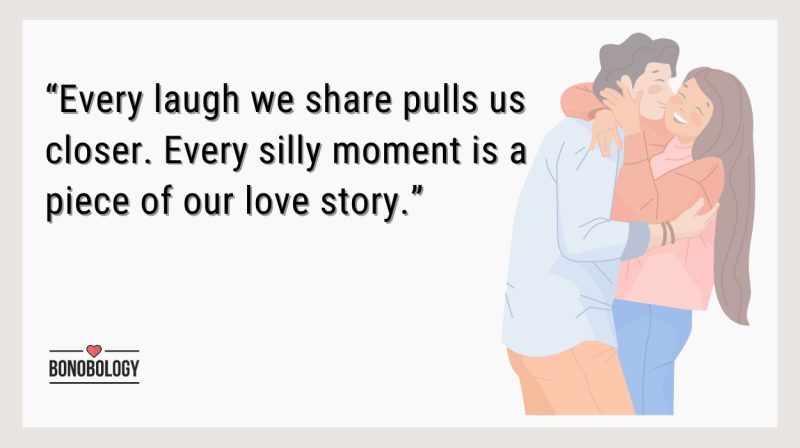
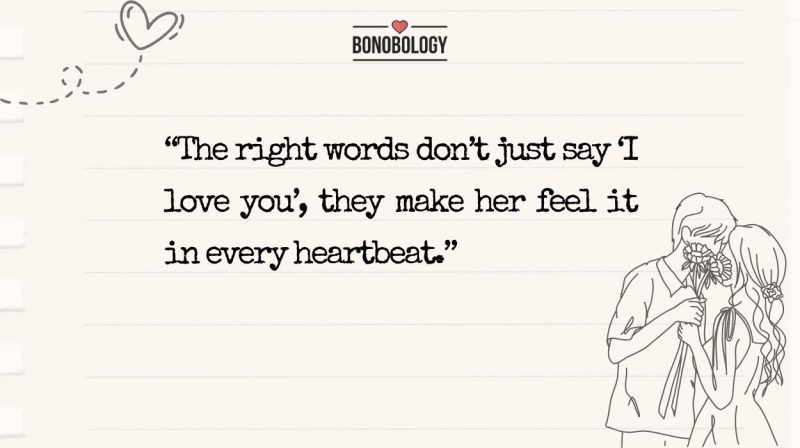

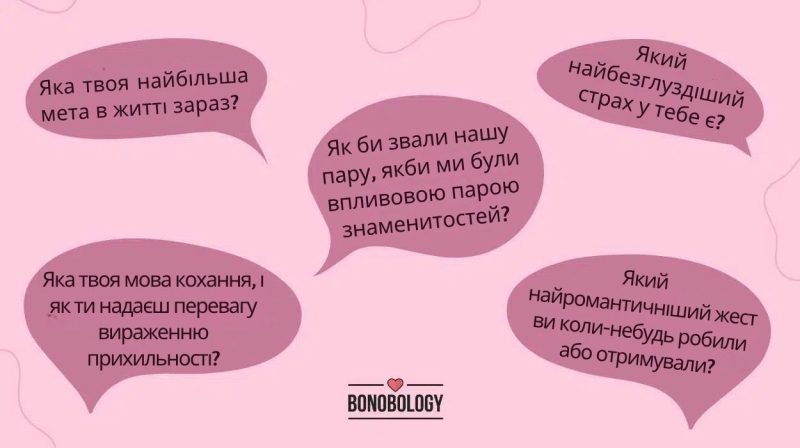












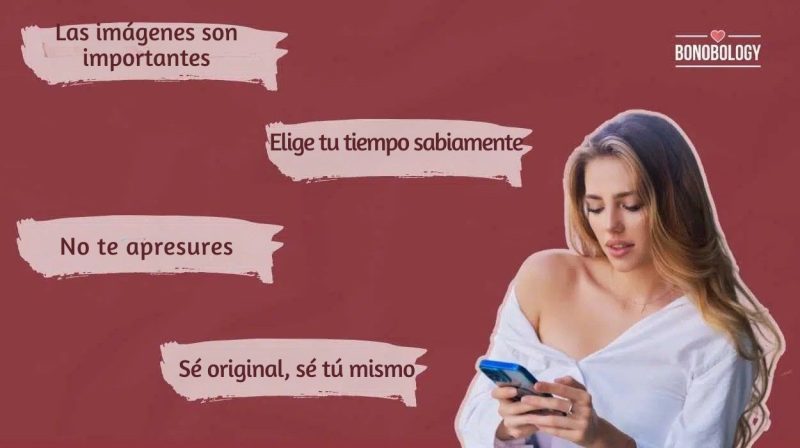

Featured
130 Beautiful Things to Say About Your Wife
101 Silly Questions To Ask Your Partner For Fun, Laughter, And Bonding
200 Heart Touching Love Messages For Her
50 вопросов с подвохом, которые стоит задать своему парню
250 випадкових запитань, які можна задати своєму хлопцеві
Kız Arkadaşınızın Bayılacağı 170 Şirin İsim
21 sinais de que ele gosta de fazer amor com você
101 Όμορφα κομπλιμέντα για γυναίκες για να λιώσουν τις καρδιές τους
140+ χαριτωμένα ψευδώνυμα για να καλέσετε τον φίλο σας
35 cartas de amor para él que lo harán llorar
35 lettres d’amour pour lui qui le feront pleurer
Uzmanlar Tarafından Desteklenen Erkek Vücut Dili Çekiciliğinin 20 İşareti
25 lettres d’amour profondément émouvantes pour elle qui la feront pleurer
35 lettere d’amore per lui che lo faranno piangere
10 Mutlaka İzlenmesi Gereken Genç Erkek Yaşlı Kadın İlişki Filmleri
25 lettere d’amore profondamente emozionanti per lei che la faranno piangere
45 сексуальних, брудних текстових повідомлень для вашого хлопця
45 Σέξι, Βρώμικα Μηνύματα για τον Φίλο σου
45 mensajes de texto sensuales y atrevidos para tu novio
Erkek Arkadaşınız İçin 45 Seksi, Müstehcen Mesaj